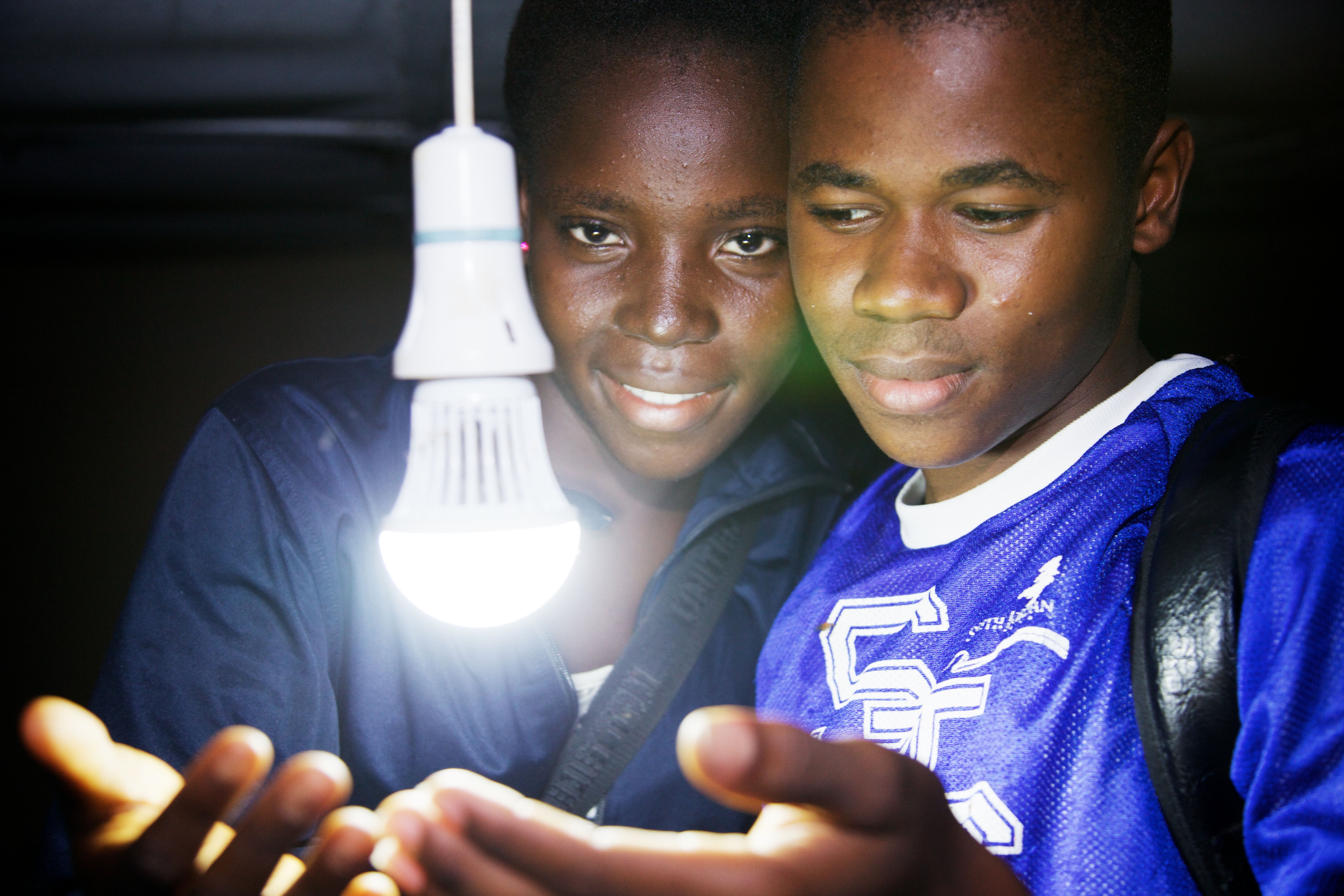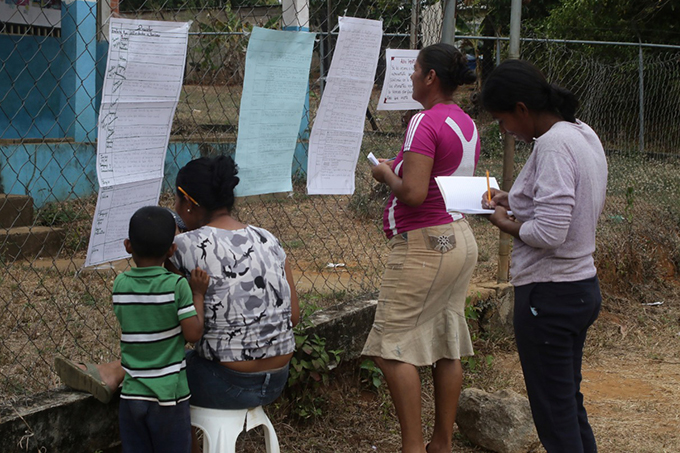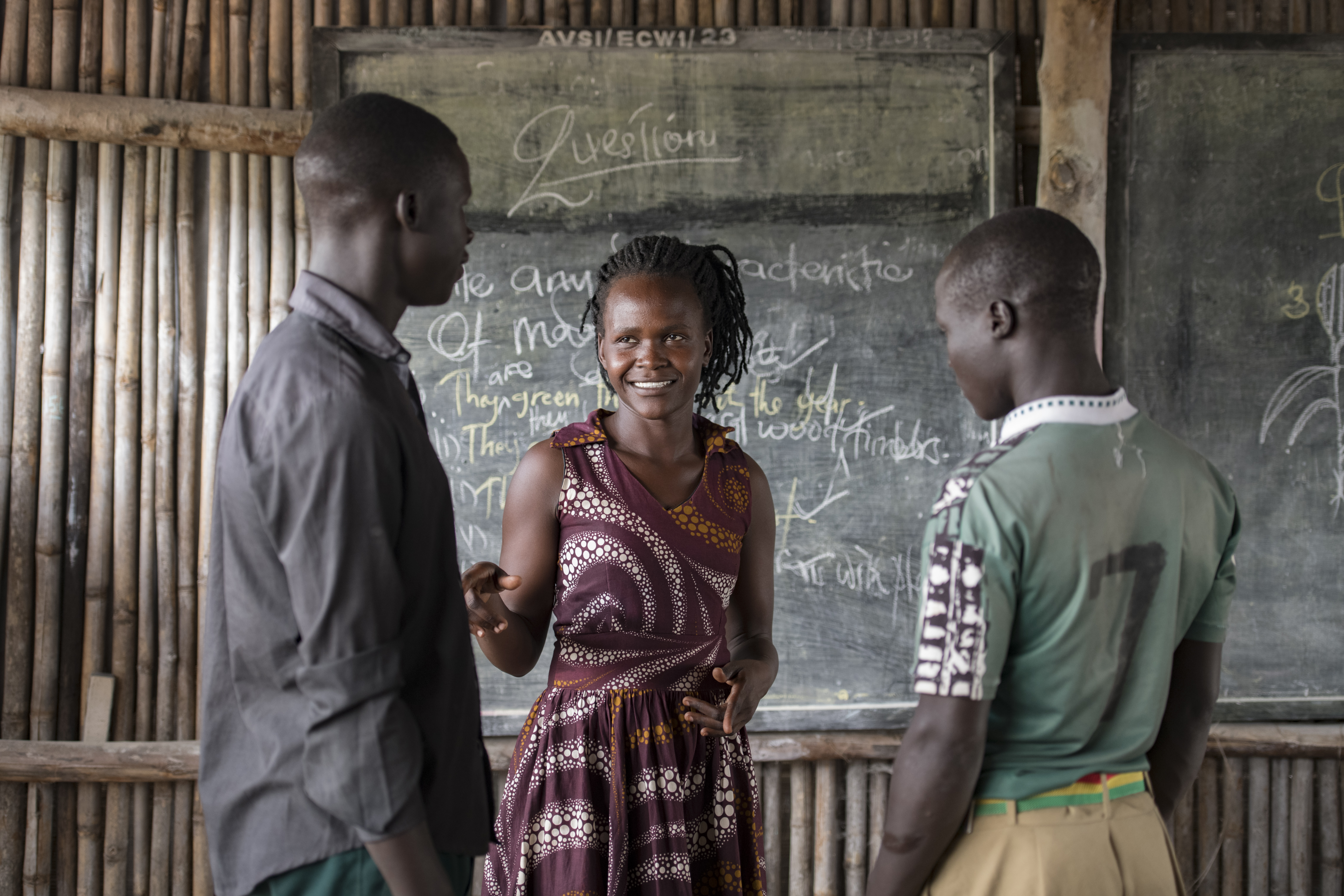461 sources of inspiration
“Frankly we were a bit overwhelmed by the mere number of applicants. We hadn’t expected this level of interest from this variety of applicants. We feared we had a tedious task ahead of us in reading through all the applications but I must say that I am impressed and inspired by all of the applicants and the work they do,” says Lars Udsholt, global programme manager of EOL.
The missing link
Education Out Loud is one of only a few initiatives that support the linkages between local, national and international level advocacy on education. It is a link that is often seen missing when evaluating the effect of campaigns and political initiatives and therefore something that the Global Partnership for Education has hoped to address via Education Out Loud.
“We weren’t sure though, that this lack of coherence was also felt and experienced as an obstacle by the wider group of civil society organizations working to improve the educational systems in their respective countries. But the amount of interest for this call surely indicates so,” says Lars Udsholt who was impressed by the quality of the applications.
Some are very local initiatives linked to a certain neighbourhood or a few villages. Others are working nationwide and already linking the local level with the national level. Some were from organizations already working within education while others have built their experience on anti-corruption, social justice or health related advocacy issues.
“What most of them shared was an eagerness to link the local and national level and enhance their work and impact. And many saw stronger evidence and research picked from the local level as the most powerful tool to push power holders to give the right funding and political framework to ensure quality education for all.”
Urgent need for advocacy
75 percent met all eligibility criteria in the call and were relevant for EOL to consider their proposal. However, only 10 have been invited to develop a full proposal. This may leave the majority disappointed, but the hope shared by the Education Out Loud team and GPE is that all these organizations will take the opportunity to link up with each other to share best practices and create synergies.
“Initially we invite all applicants to receive our newsletter and thereby get access to the knowledge and learning of our team and the EOL grantees. We also aim to host a number of online networking and skills sharing events that hopefully will reach far beyond our current grantees to former applicants and beyond,” says Lars Udsholt.
With the COVID-19 pandemic and the subsequent closure of schools and alternative educational spaces, the need for strong advocacy on education is as urgent as ever.
“All over the world we see large groups of children whose rights and needs are not met and when the pandemic subsides things are likely to improve or even return to its prior state without civil society pushing hart and providing evidence and solutions. Education Out Loud is here to ensure some capacity to do this,” says Lars Udsholt.
The 10 proposals, chosen among the 461 applicants, now have six months to develop a full proposal covering 2½ years of activities – activities that are relevant and important as is but also serves as an incubator for new methods and ideas on impactful education advocacy.


